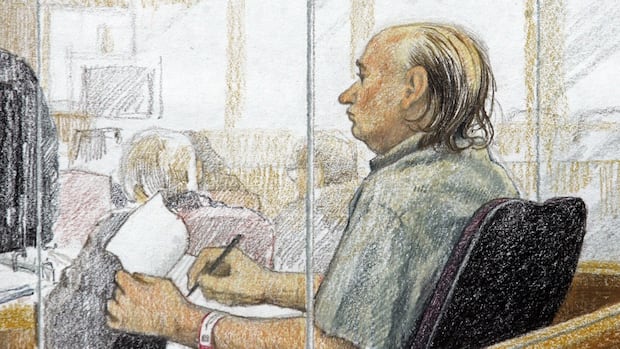Quebec Government Considers Ban on Face Coverings in Public Spaces
The Quebec government is weighing a potential ban on face coverings in public. This follows a vote by members of the CAQ party in favor of a resolution calling for the ban, igniting debate about public security, secularism, and individual rights. The proposal stems from the youth wing of the CAQ and has prompted discussions at the highest levels of government.
The Proposal and its Rationale
The initial resolution, put forth during the CAQ's caucus in Gatineau, sought stricter public security measures, targeting masked protests and encampments. However, an amendment by youth wing member Benjamin Archambault broadened the scope to encompass a complete ban on face coverings in public. Archambault argued, "In a free and equal society, we cannot accept that certain women are hidden up to their eyes behind a veil. We already ask that faces be uncovered to get a passport, to pass an exam or to drive. Why make an exception in public?"
Government Response and Concerns
Quebec Premier François Legault acknowledged the issue as worthy of consideration, stating, "Other countries did it so I think it's normal that we think about it. That we look at what are the pros, the cons. So that's what we'll do in the next few months." Secularism Minister Jean-François Roberge added that the ban could serve to reinforce public security and promote state secularism. However, he emphasized the need for careful examination of the proposal's potential impact on rights and freedoms.
Divisions and Potential Challenges
The amended resolution passed with a narrow margin, reflecting internal divisions within the CAQ. Public Security Minister Ian Lafrenière opposed the amendment, citing concerns about its broad scope and potential difficulties in implementation. Even Roberge acknowledged the ambiguity of the term "face covering," recognizing that people cover their faces for various reasons, including protection from cold weather. The debate highlights the complexities of balancing public security and secularism with individual liberties and practical considerations.
Next Steps
While the future of the face covering ban remains uncertain, Roberge is currently focused on introducing legislation this fall to strengthen secularism and prohibit prayer in public spaces. The Quebec government's upcoming deliberations on the face covering issue promise to be closely watched, as they could have significant implications for religious freedom, public security, and individual expression in the province.
 Visit the website
Visit the website





